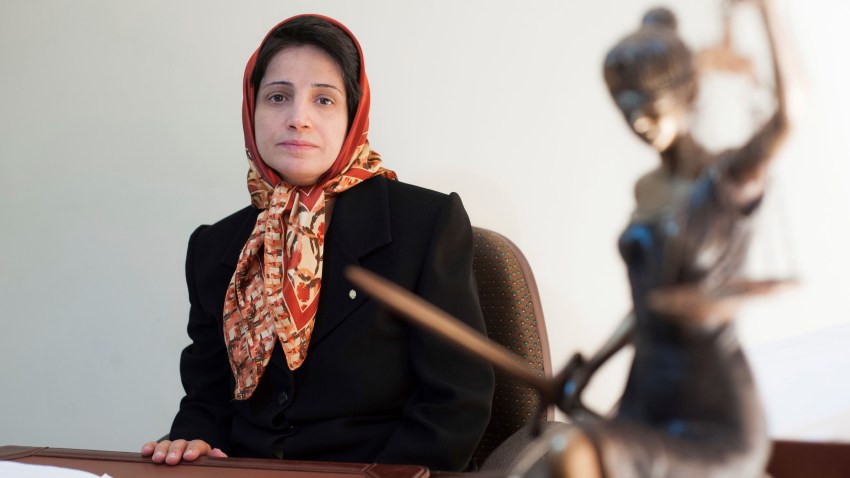In 1985, my parents were taken to court in Tehran by a tenant who was trying to stop them from selling a property he was renting from them at the time. My parents were surprised to learn about the lawsuit. After all, they had given the tenant several months to vacate. He had no legitimate legal argument.
On the day of the hearing, when it was the tenant’s turn to present his case, he pointed at my parents and shrilly declared that they were communists. For a moment, the room fell silent. Then my parents’ lawyer calmly closed his legal files and, without making eye contact with anyone, walked out of the courtroom.
To understand his reaction requires some context. This was six years after Iran’s 1979 revolution, which had ousted the ruling monarchy of Shah Mohamed Reza Pahlavi. Though the revolution is now almost exclusively known for having turned Iran into an Islamic theocracy, communists were among several leftist factions that had joined forces with Islamists in support of it. But by 1985, the state, now dominated by Muslim clerics, had aggressively moved to purge all these other groups. Many communists had already been jailed, at times based on nothing more than allegations like the one made against my parents by their tenant. Their lawyer left the courtroom that day because he feared he, too, would end up in the state’s crosshairs if he defended people tainted by even an accusation of being communist.

